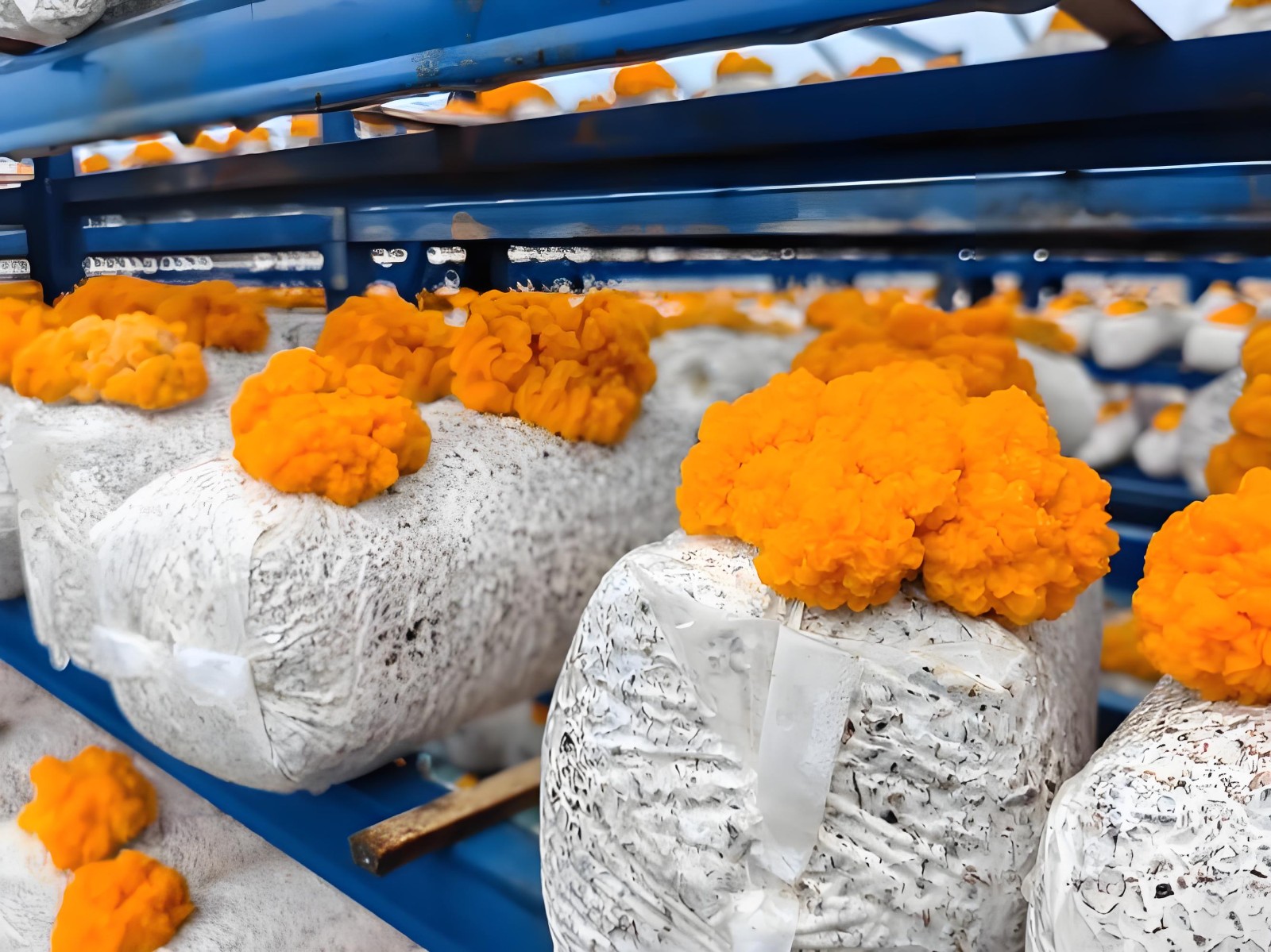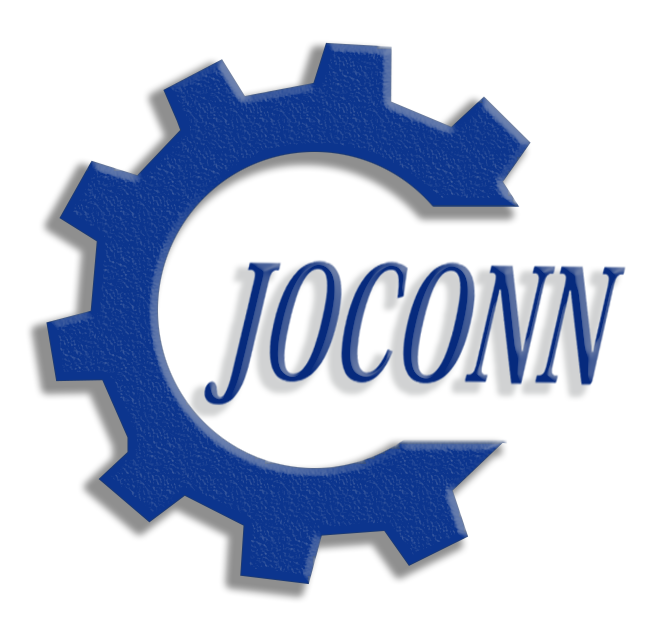
1. Cultivation Process - Key steps: Raw Material Preparation ŌåÆ Bag Packing ŌåÆ Sterilization ŌåÆ Cooling and Inoculation ŌåÆ Fungus Growth Management ŌåÆ Mushroom Extraction Management ŌåÆ Harvesting and Processing.
2. Cultivation Season - Optimal fruiting body growth temperature: 18ŌĆō22┬░C (plan based on local climate). - Prepare cultivation bags 45 days before the intended cultivation date.
3. Preparation of Cultivation Bags (Sticks) - **Culture medium formulas** (moisture 55%ŌĆō65%, pH 6ŌĆō6.5): - Formula 1: 78% wood chips, 20% bran, 1% sucrose, 1% gypsum ("782011"). - Formula 2: 70% wood chips, 20% corn flour, 3% soybean stalk powder, 5% rice, 1% sucrose, 1% gypsum. - Formula 3: 50% cottonseed hulls, 48% wood chips, 1% sucrose, 1% gypsum. - Formula 4: 40% corn cobs, 39% broadleaf wood chips, 18% bran, 2% soybean meal, 1% gypsum. - Formula 5: 82% cottonseed hulls, 8% bran, 8% corn flour, 1% sucrose, 1% gypsum. - **Container selection**: - Short bags or sticks (sizes vary by equipment caliber). - Large-scale cultivation: Recommended low-pressure polyethylene bags (14 cm diameter, folded; 9 cm diameter after filling, 21 cm long for 2 fungi/stick or 41 cm for 3 fungi/stick). - Use plastic baskets for efficient circulation.
4. Inoculation - Inoculate when bags cool to below 25┬░C. - No stable inoculation method established yet: - Mixed cultivation of golden ear spores and hairy leather fungi can form fruiting bodies but is technically difficult. - Ear wood separation often only yields hairy leather fungi. - Tissue separation is the simplest, most effective method for producing original and cultivated species.








